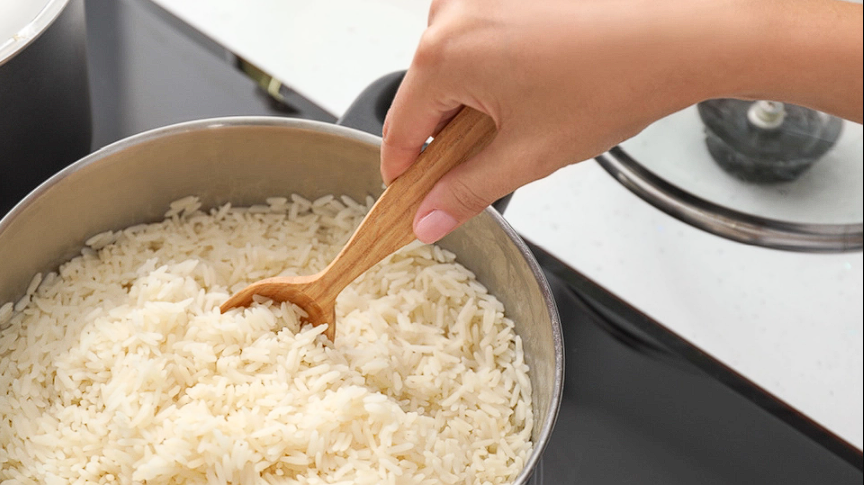The Truth About Our Daily Habits and Beliefs.
Others are reading now
In the realm of health and wellness, numerous myths circulate that are widely accepted as truth.
However, not all these pieces of conventional wisdom hold up under scrutiny. Let’s debunk some of the most popular health myths with insights from recent findings.
Health Myth Busters: Separating Fact from Fiction
-
Yeast in Baked Goods is Harmful to the Stomach
Also read
-
Myth: Consuming yeast-based baked goods frequently harms the stomach, potentially triggering gout or even posing a cancer risk.
-
Reality: This concern is unfounded. Yeast fermentation produces carbon dioxide during the baking process, but factors like temperature, dough composition, and pH value influence yeast’s fermenting and gas-producing abilities. Above 60°C, yeast cannot survive, let alone ferment and produce gas. Thus, freshly baked bread and buns pose no risk to stomach health. Moreover, while yeast is high in purines (559mg per 100g), it is only used as a leavening agent and not consumed in large quantities, making its purine content negligible for most people, including those with gout.
-
-
Drinking 8 Glasses of Water a Day Is Essential for Health
-
Myth: The “8 glasses of water a day” mantra is the key to good health.
-
Reality: Water needs vary by age, gender, and country. The concept of “water turnover” reflects the total exchange of water intake and loss, which varies significantly among individuals. For example, a 20-year-old male’s daily water turnover might be 4.2 liters, but not all of this needs to be consumed as liquid water. Food metabolism and skin evaporation provide about 15% of necessary hydration, with the remainder coming from food and drinks. Hence, a one-size-fits-all approach to hydration does not apply.
-
-
Cephalosporins and Alcohol Mix Without Issues
-
Myth: Combining cephalosporins (a class of antibiotics) with alcohol is harmless except for minor stomach discomfort.
-
Reality: Mixing many cephalosporins with alcohol can trigger a “disulfiram-like reaction,” which severity varies based on the drug dose, alcohol amount, and individual susceptibility. Although some individuals might not experience adverse effects, it’s a risky gamble with one’s life. Medical experts advise against consuming alcohol for 7 days after taking cephalosporins and vice versa.
-
-
Rice in Self-Heating Meals Is Fake
-
Myth: The rice in self-heating meals is artificial.
-
Reality: Whether it’s reconstituted, precooked and dried, or sterile rice, all are made from real rice but processed differently to offer convenience and shorten cooking times.
-
-
Rubbing Snow on Frostbite Is an Effective Treatment
-
Myth: Rubbing snow on frostbitten areas is a reliable treatment.
-
Reality: This method is not only unreliable but potentially dangerous. The correct approach for treating frostbite involves leaving the cold environment, gradually warming the skin with 30°C to 40°C warm water, and seeking medical attention for severe symptoms.
-
-
Biological Drugs Can Be Stored Outdoors in Winter
-
Myth: It’s safe to store insulin, hormones, and other biological drugs outdoors in winter.
-
Reality: Freezing can denature the proteins in these drugs, rendering them ineffective. Biological drugs should be refrigerated at 2°C to 8°C, not frozen.
-


